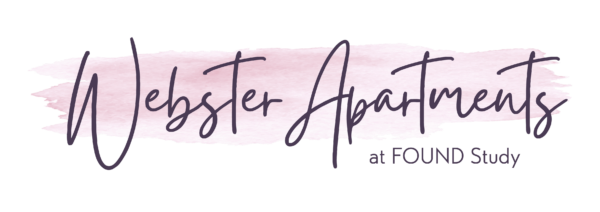Kate Michaels from Boston Consulting Group (BCG) is back for part 2 of her 4 part series featuring insider tips for recharging or completely changing your career route. This month’s focus takes a deeper dive into the interviewing stage.
If you attended Tuesday’s “Manicure Your Career” event led by Kate and BCG co-worker, Cheyenne Lanzara, you heard the basics of interviewing but now it is time to go more in depth from the first communication through the thank you note. Take a look at Kate’s tips for communicating and interviewing with confidence.
You got the call, you have an interview! The interview is where you can truly be yourself and sell yourself. It is impossible to gage if someone will be a good fit for your company without having a conversation.
First impressions are extremely important and occur the moment you find out you have an interview. Always answer your phone professionally and just in case you miss that call, make sure your voicemail is set up so you know who to call back.
Once you connect with the recruiter, be as flexible as possible when it comes to scheduling. This shows you are willing to compromise and also enhances your first impression. Make sure you also get all of the information you need from the recruiter.
Once the scheduling is done it is time to start the preparation.
Preparation should include:
- Researching the company
- Know exactly what you will say if they ask you, “What do you know about our company?”
- Don’t stress yourself out trying to memorize random facts, but it is important to have some general knowledge of the business and company as a whole.
- Glassdoor is also a great point of reference and may also give you areas to ask questions about.
- Reviewing the job description
- Find the key points that stood out to you when you applied for the role. Think through specific examples of how they correlate to what you’ve done so far.
- Research questions the interviewer might ask so you are prepared for anything they throw your way.
- Finding information about the specific office
- Is the company global, is it just one office?
- Culture can vary drastically from office to office so see what you can find out (use Glassdoor!)
- Look up the people you are meeting with
- LinkedIn is a great place to start. Find out where they went to school, their previous jobs, and try to find something in common even if it is just a hobby.
- This isn’t the time to deep dive into their Facebook, Instagram, or Twitter. Keep it professional.
- Triple check your resume and print extra copies
- Print your resume on good paper and put them into a portfolio.
- Have at least enough copies for the people you are meeting with and a few extra in case you end up with an unscheduled interviewer.
- Draft questions
- You have to ask questions at the end of an interview, even if everything was explained clearly.
- Write your questions in advance so you aren’t scrambling to think of some in the moment.
- Ask the different interviewers different questions depending on their roles and their connections to the role you are interviewing for.
- It is also great to note questions throughout the interview to come back to a specific area you discussed.
All of this preparation is to relieve stress when the time actually comes for the interview. Another way to relieve stress is to rehearse. This is a great way to notice filler words and nervous ticks you may have not known you had.
Give yourself plenty of time to get to the interview. Arriving at your interview 15 minutes early is a great time to give your resume one last look and even to small talk with the receptionist.
During the interview itself it is important to maintain professionalism throughout. Listen carefully to every word throughout the conversation. It is important to answer questions honestly and thoroughly, but precisely. Lastly, it is perfectly acceptable to ask for timeline and next steps at the end of the interview. Following that be sure to get the interviewers business card.
Regardless of how the interview went, it is important to show appreciation with a follow up thank you note or email to each person you met within two days of the interview. Customize each note and include areas that you truly connected with the interviewer such as you went to the same university or you both are massive soccer fans. Keep the thank you note concise and to the point. From there, be patient. If the company is interested in you they will be in touch!
For more specifics about the job offer and finally starting your new dream job, stay tuned for Kate’s next post in a few weeks!







